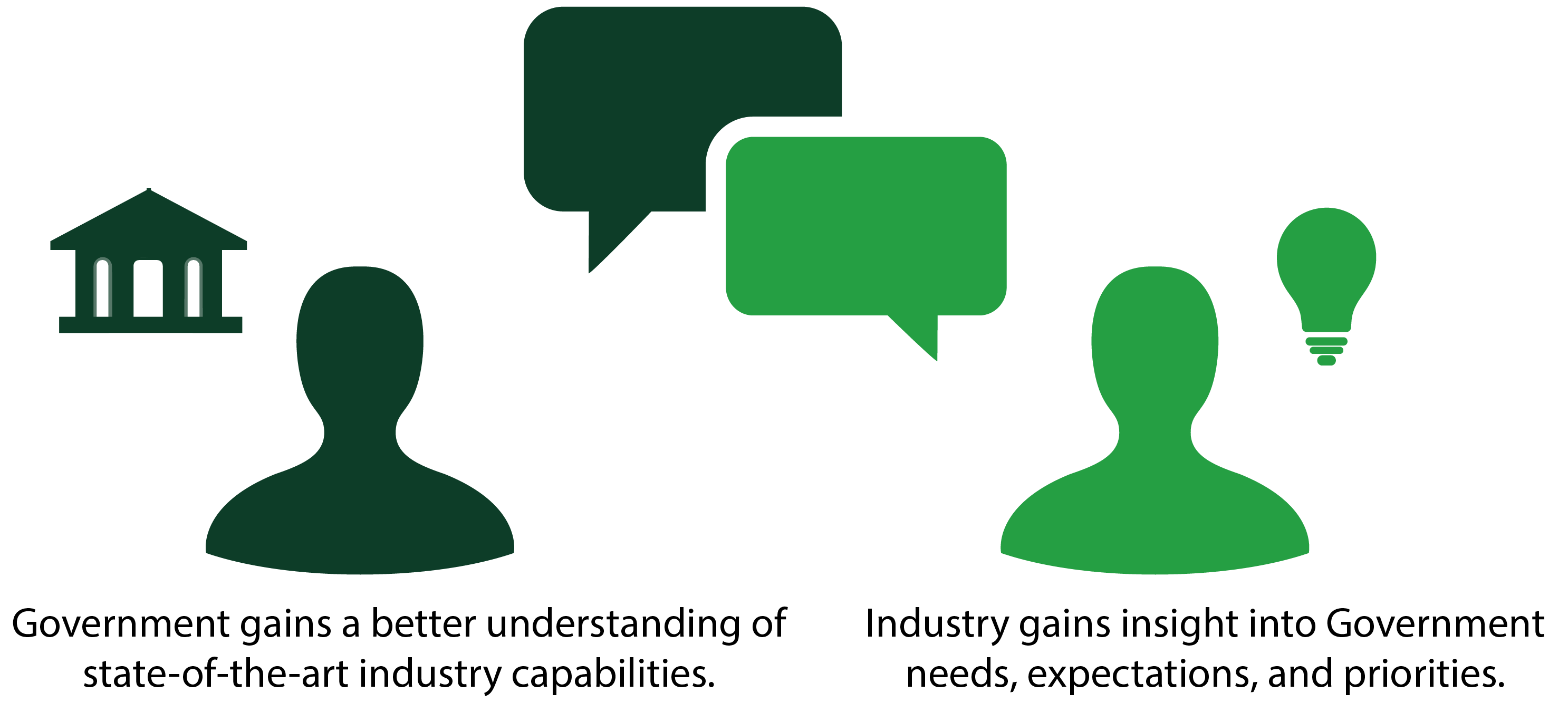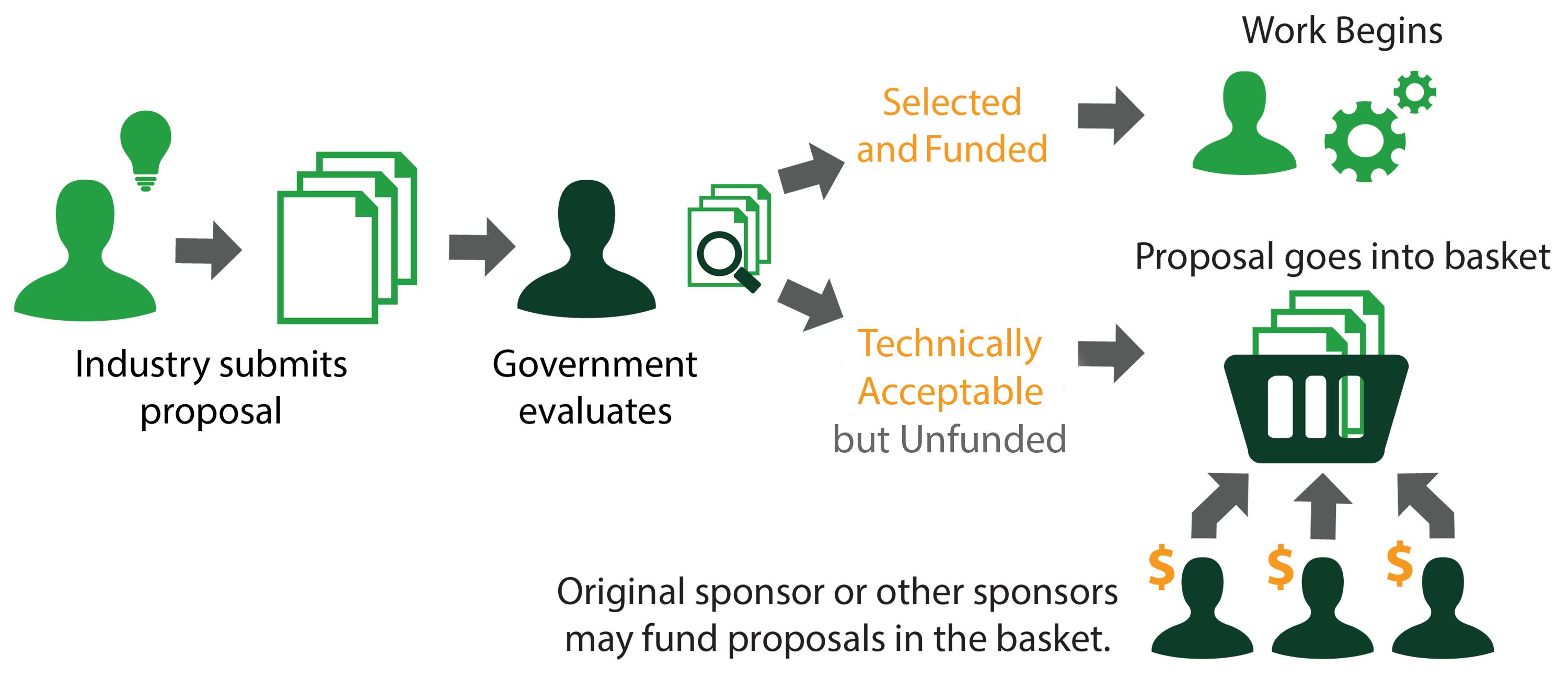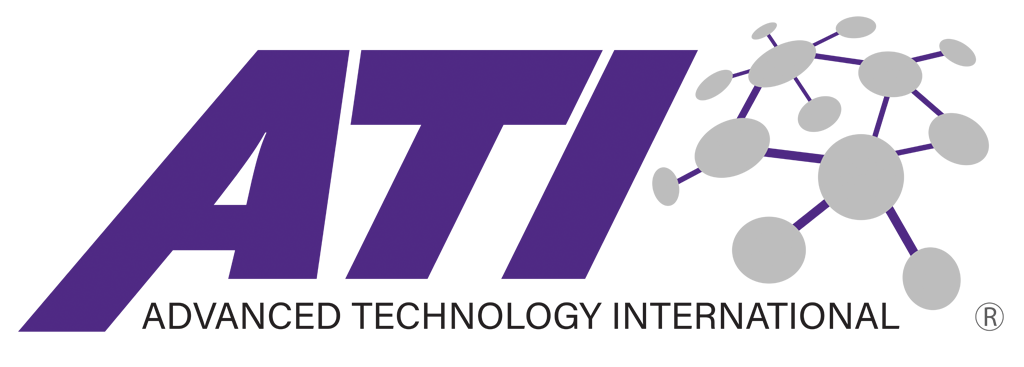What is an OTA?
An “Other Transaction Agreement” or “Other Transaction Authority” (OTA) is a streamlined vehicle that brings innovative research findings and state-of-the-art prototypes from industry to the Federal Government. An OTA relieves some of the contractual burdens typically placed on contractors working for federal clients, making it possible for non-traditional contractors – small and emerging companies – to participate in technology development.
The Other Transaction (OT) consortium model is an “enterprise partnership” between the government and technology providers in a specific domain. The OT consortium model relieves some of the contractual burdens typically placed on contractors working for federal clients.
Why does the Government use OTAs?
The OT authority consortium enterprise is good government in action—the competition it promotes between large, traditional R&D providers, academic institutions, and small and nontraditional suppliers drives innovation across the entire US economy.

Open communication leads to a better application of industry to solve Government challenges.
The Basket Provision
The Basket Provision is another innovative acquisition tool that can be employed within OT-based Consortia. It is not uncommon for industry to propose technology development projects that cannot go forward due to a lack of available funding at the time the source selection decisions are made, despite being deemed valuable by the Government. It is also possible that proposed technology development projects may be valid and approved, but not necessary to accomplish immediate Government needs. In such cases, approved proposals can be held in an “electronic basket” for three years. This allows for subsequent award of the previously-approved proposal in the event of emerging urgent needs, interest in the proposal by a different funding sponsor, end-of-year sweep-up funds or subsequent year funding availability. The provision also eliminates costly, time-consuming start-from-scratch responses to new requirements or funding opportunities.

A basket provision preserves technically acceptable industry proposals until funding becomes available.
The basket provision benefits industry by:
- Increasing the chances that their proposal effort will not be in vain, even if it does not result in immediate work.
- Increasing the likelihood of business opportunities because Government may turn to the basket for ways to invest available year-end, sweep-up funding.
It benefits Government by:
- Providing a meaningful, pre-vetted slate of projects for funding that arrives after initial source selection
- Saving the time associated with duplication in the RPP and evaluation processes

